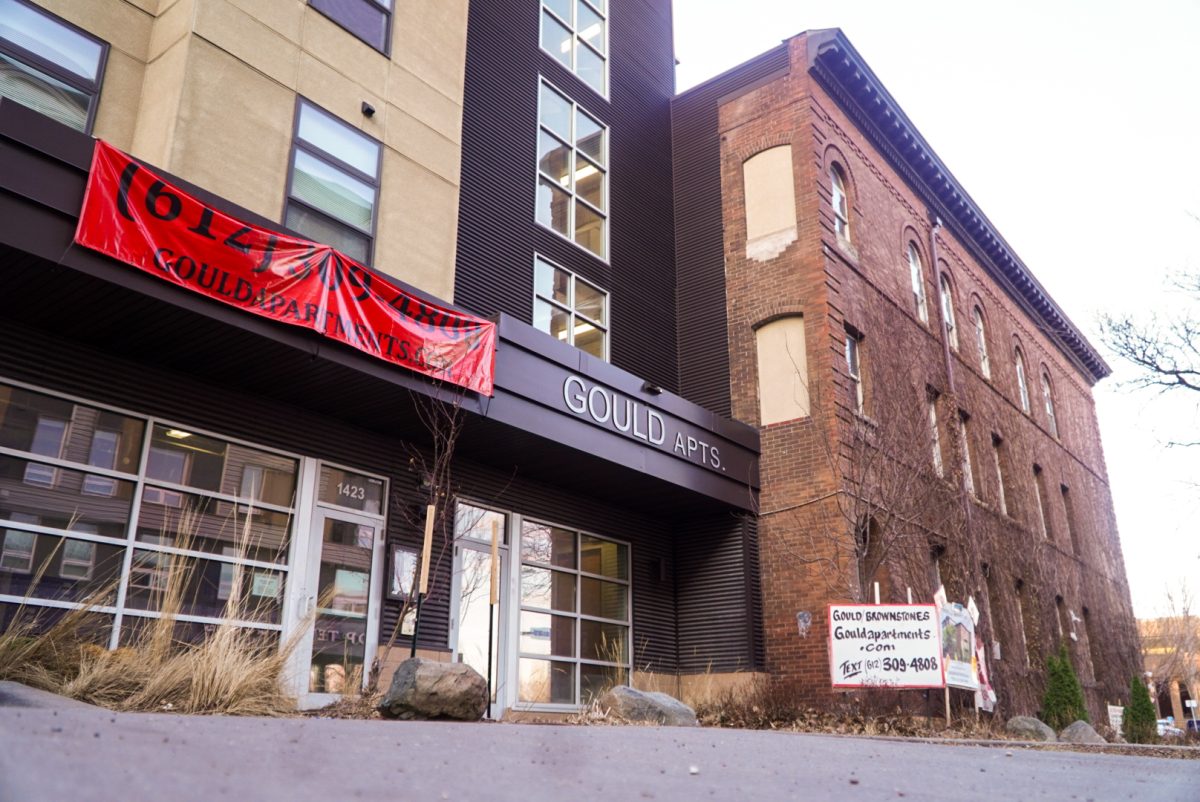A push by police watchdog groups was defeated after the Minnesota Supreme Court stopped a police liability insurance measure from being placed on the ballot last week.
The Wednesday ruling upheld a lower court’s ruling that prevented a vote by Minneapolis residents in November that, if passed, would have required police officers to pay for increases in their liability insurance that stem from misconduct cases. The court cited a clash with existing laws and bargaining conflicts.
Supporters of the idea say it could help reduce police wrongdoing.
The court said the broad language of current state law overrules the possibility of an amendment vote.
The issue, it said, is that the amendment would prevent the city of Minneapolis from purchasing excess liability insurance — currently allowed by law. The amendment would also prevent the city and police unions’ ability to bargain under the Minnesota Public Employment Labor Relations Act.
“The charter amendment, as it’s proposed, violates the city’s obligation to meet and negotiate with the [Police Officers Federation],” said Jim Michels, attorney for the Police Officers Federation of Minneapolis. “It has long been the law in Minnesota … that a charter provision is unenforceable when it conflicts with a collective bargaining agreement.”
Assistant City Attorney Timothy Skarda said mandating insurance would have created an impasse, effectively removing the city and union’s ability to bargain.
Lieutenant Bob Kroll, president of the Police Officers Federation of Minneapolis, said he and other opponents of the amendment were happy with the decision.
“We were certain all along that this violated our labor agreement, violated PELRA and violated state statute,” he said. “It was a ludicrous idea to begin with, and we hope it shuts these folks down in the future.”
Committee for Professional Policing, the main advocacy group behind the amendment push, expressed disappointment at the verdict.
Jordan Kushner, a civil rights attorney working with CFPP, said the amendment would still have allowed the city of Minneapolis to compensate the officers’ original insurance costs, but police would have been responsible for any increasing cost due to lawsuits or claims of misconduct.
During last week’s oral arguments, Kushner argued that in cases of misconduct, the state is not required to cover the cost of filed lawsuits against officers.
Nevertheless, he said the city often compensates officers in cases where the officer does not act under the scope of employment.
The amendment would have prevented officers from engaging in further misconduct due to increased insurance rates, he said.
“Right now, Minneapolis taxpayers … pay out $2.5 million a year for judgements and settlements in cases where police engaged in misconduct,” said CFPP board member Michelle Gross. “We shouldn’t be bailing out officers for bad conduct.”
But in the end, the supreme court agreed with the city’s arguments, affirming Hennepin County Judge Susan Robiner’s previous ruling, Michaels said.
Next steps for the CFPP
David Bicking, CFPP board chair, said he and the CFPP are encouraging their supporters to continue to fight.
“We are contacting other organizations nationally that have interest in this,” he said. “We had hoped Minneapolis would be the first place for this new idea, […] but the work that we’ve done has generated a lot of interest across the country.”
Gross said cities like Phoenix and Oakland, California are a few of the places where pushes for personal liability insurance for police are forming.
“The people all over the country want to do this,” she said. “So what we’re going to do is take what we learned from this campaign to teach them how to do it.”
The CFPP isn’t yet ready to publicly announce future events, but Gross said they are planning on filing a complaint with the state auditor’s office.
“The community’s demand is what gives us the strength and power to keep going,” she said. “We are going to keep going — we’re not done by any stretch of the imagination.”







